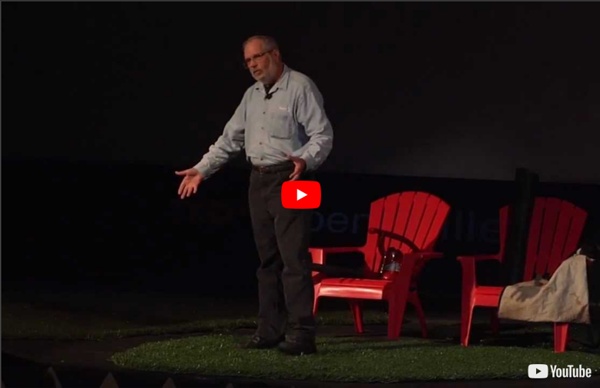



Principles Managing soil carbon: Data available on Soil organic Carbon Green Book Club Meeting: Dirt - The Erosion of Civilisations - University of Plymouth Save event This Plymouth Green Book Club meeting will be discussing the book, Dirt: The Erosion of Civilisations by Professor David Montgomery. Dirt, soil, call it what you want - it's everywhere we go. This fascinating yet disquieting book finds, however, that we are running out of dirt, and it's no laughing matter. Once bare of protective vegetation and exposed to wind and rain, cultivated soils erode bit by bit, slowly enough to be ignored in a single lifetime but fast enough over centuries to limit the lifespan of civilisations. All are welcome to this free event and it is not essential to have read any or all of the book. Plymouth Green Book Club is supported by the University and the Eden Project.
Define Permaculture In this lesson you will learn: One definition of permaculture The term permaculture has many definitions The origin of permaculture Who is practicing permaculture "Permaculture is a philosophy of working with, rather than against nature; of protracted & thoughtful observation rather than protracted & thoughtless labour; of looking at plants & animals in all their functions, rather than treating any area as a single-product system." This definition of permaculture expresses a basic concept in permaculture - examining and following nature's patterns. The term permaculture is a contraction of the words "permanent," "agriculture,” and “culture.” What is the origin of permaculture? Permaculture was created in the 1970's by Bill Mollison, an Australian ecologist and University of Tasmania professor. By observing nature, Mollison came up with several important insights. In the 1970's he and his student David Holmgren wrote and published some books explaining his ideas. Activities
Soil health Soil health is a state of a soil meeting its range of ecosystem functions as appropriate to its environment. Soil health testing is an assessment of this status.[1] Soil health depends on soil biodiversity (with a robust soil biota), and it can be improved via soil conditioning (soil amendment). Aspects[edit] The term soil health is used to describe the state of a soil in: Sustaining plant and animal productivity and biodiversity (Soil biodiversity);Maintaining or enhance water and air quality;Supporting human health and habitation.[2] Soil Health has partly if not largely replaced the expression "Soil Quality" that was extant in the 1990s. The underlying principle in the use of the term “soil health” is that soil is not just an inert, lifeless growing medium, which modern farming tends to represent, rather it is a living, dynamic and ever-so-subtly changing whole environment. Using the human health analogy, a healthy soil can be categorized as one: Conceptualisation[edit] Measurement[edit]
Soil Carbon: Forest soils More About About Permaculture A Bumper Butternut Squash Harvest Sown into the understory of the Apple Orchard Permaculturists Learn to: grow food just about anywhere, repair environmentally damaged lands, design lovely and long lasting green-buildings, produce the power they need, run successful, people-oriented businesses, doing work they love and live meaningful and authentic lives while building genuine community; All by using the same fundamental permaculture principles and applying the Permaculture Ethics of: Care of People – Care of the Earth – Sharing of the Surplus - It’s all About Honoring Relationship Simply put, permaculture is really about relationship – our relationship as humans to the world around us. Working with the sun, wind, rain, soil, and plants will allow us to co-create sustainable or permanent-cultures, hence the word ‘permaculture’. More specifically, permaculture explores practical ways to improve the quality of our lives by re-thinking or re-designing our relationship to:
Soil Carbon: Overview
coffee ground + shredded leaves and earth worms by halimtakieddine Oct 1